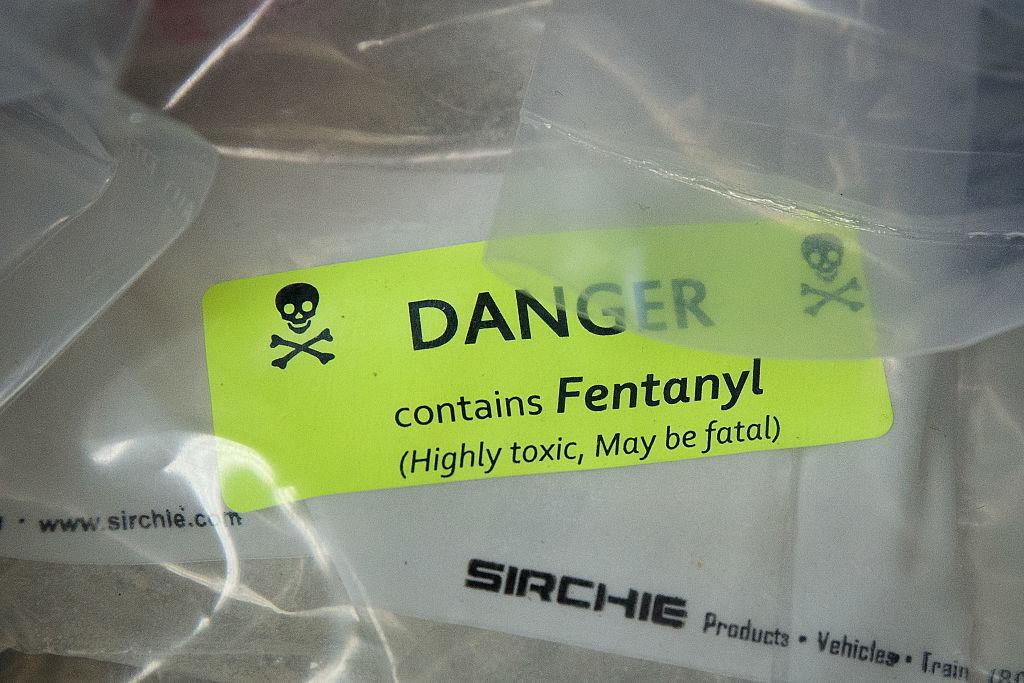The California Senate’s Public Safety Committee shot down a bill Jan. 11 that sought to crack down on the state’s years-long fentanyl epidemic by targeting drug traffickers.
Senate Bill 75, a bipartisan bill introduced by Sen. Patricia Bates (R-Laguna Niguel) and sponsored by the Orange County Sheriff’s Department, would add fentanyl to the category of illicit drugs that carry an increased sentence if a person is convicted of possessing an amount of the drug with an intent to sell.





